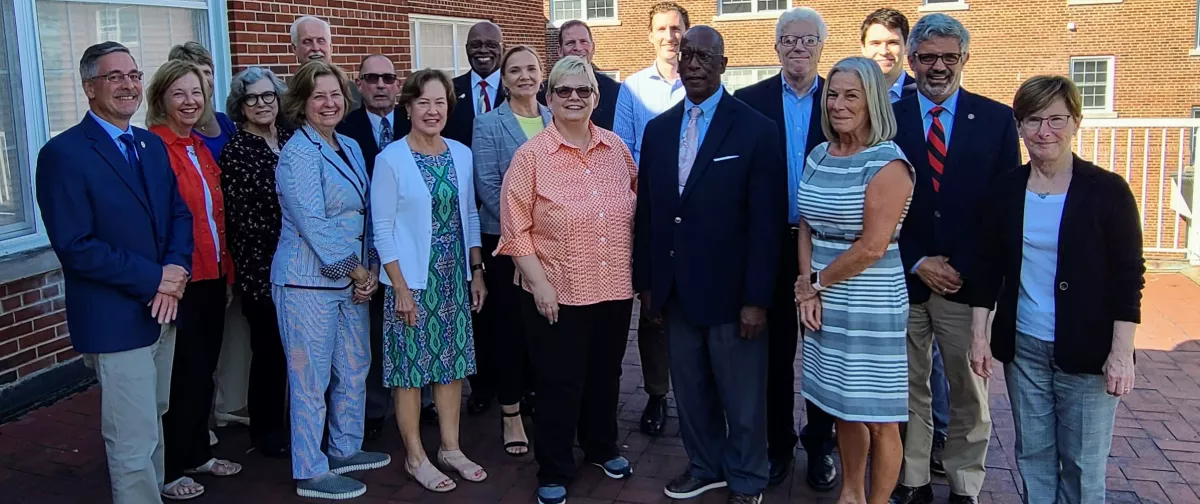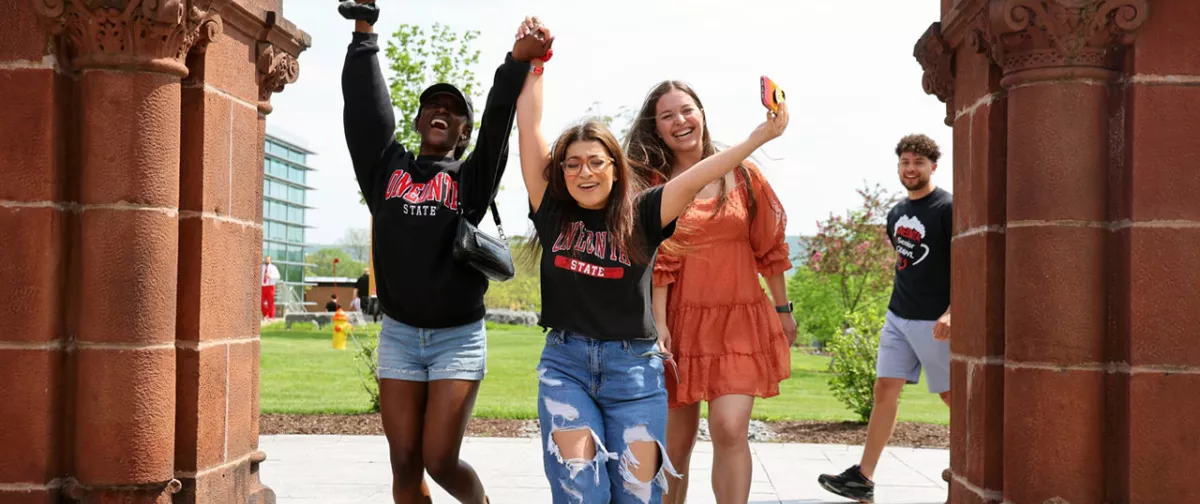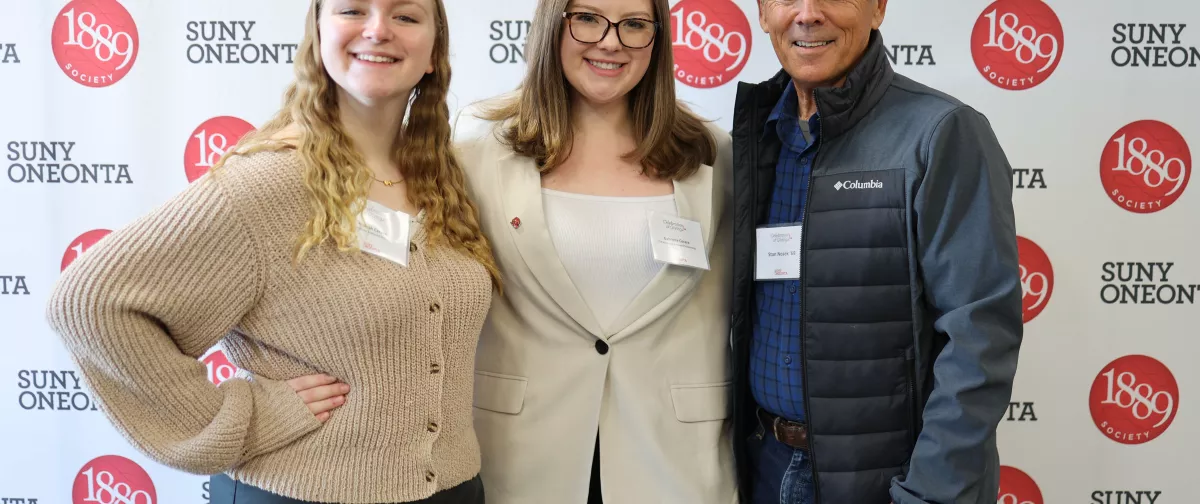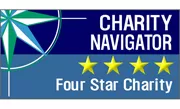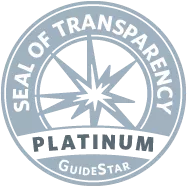Mission Statement
The mission of the State University of New York at Oneonta Foundation Corporation is to raise and administer gifts and grants to enhance the academic status of SUNY Oneonta through endowment, scholarships and institutional programs.
Vision Statement
The State University of New York at Oneonta Foundation will provide a $100 million endowment supporting affordable access to high-quality academic experiences for students at SUNY Oneonta. Alumni and friends will be engaged through the Foundation to identify and promote programs that enhance our students’ college experiences and long-term goals.
Message from Dean Davis ‘84
In March of 2022, The SUNY Oneonta Foundation celebrated its 40th anniversary. On March 19, 1982, with all the paperwork in order and a $50 processing fee paid, the New York State Department of State filed a Certificate of Incorporation for The State University of New York at Oneonta Foundation Corporation. That year, the SUNY Oneonta Foundation reported total funds raised at $74,774.15. The Foundation has experienced tremendous growth ever since.
In June 2023, the SUNY Oneonta Foundation celebrated the end of an incredibly successful five-year fund-raising campaign, the Grow. Thrive. Live. campaign, which had an original goal of $25 million. In the end, the campaign raised more than $33 million! As of 10/31/23, The SUNY Oneonta Foundation’s endowment funds and net assets total $72.8 million.
I want to personally express my gratitude to the thousands of donors who gave. The SUNY Oneonta Foundation, through these gifts and grants, allows students to have their best experience at the university by supporting scholarships, internships, student and faculty research, student and faculty travel, faculty development, different science facilities, and the Student Emergency Fund. The vision of the Foundation is clear – provide a $100 million endowment supporting affordable access to high-quality academic experiences for the students at SUNY Oneonta.
As we reflect on our first forty-one years, we remain committed to keeping the Oneonta education affordable, accessible, and inclusive. The Board of Directors of the SUNY Oneonta Foundation extends its deepest appreciation to every member of the Red Dragon family who makes this a reality through charitable gifts and grants of all sizes.
Sincerely,
Dean Davis ‘84
President, SUNY Oneonta Foundation Board of Directors
